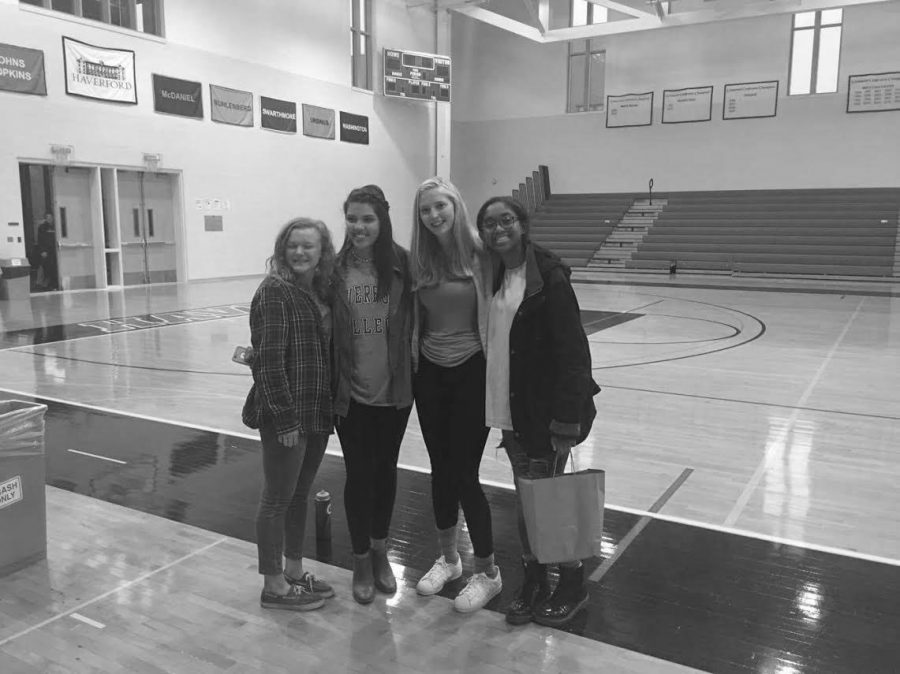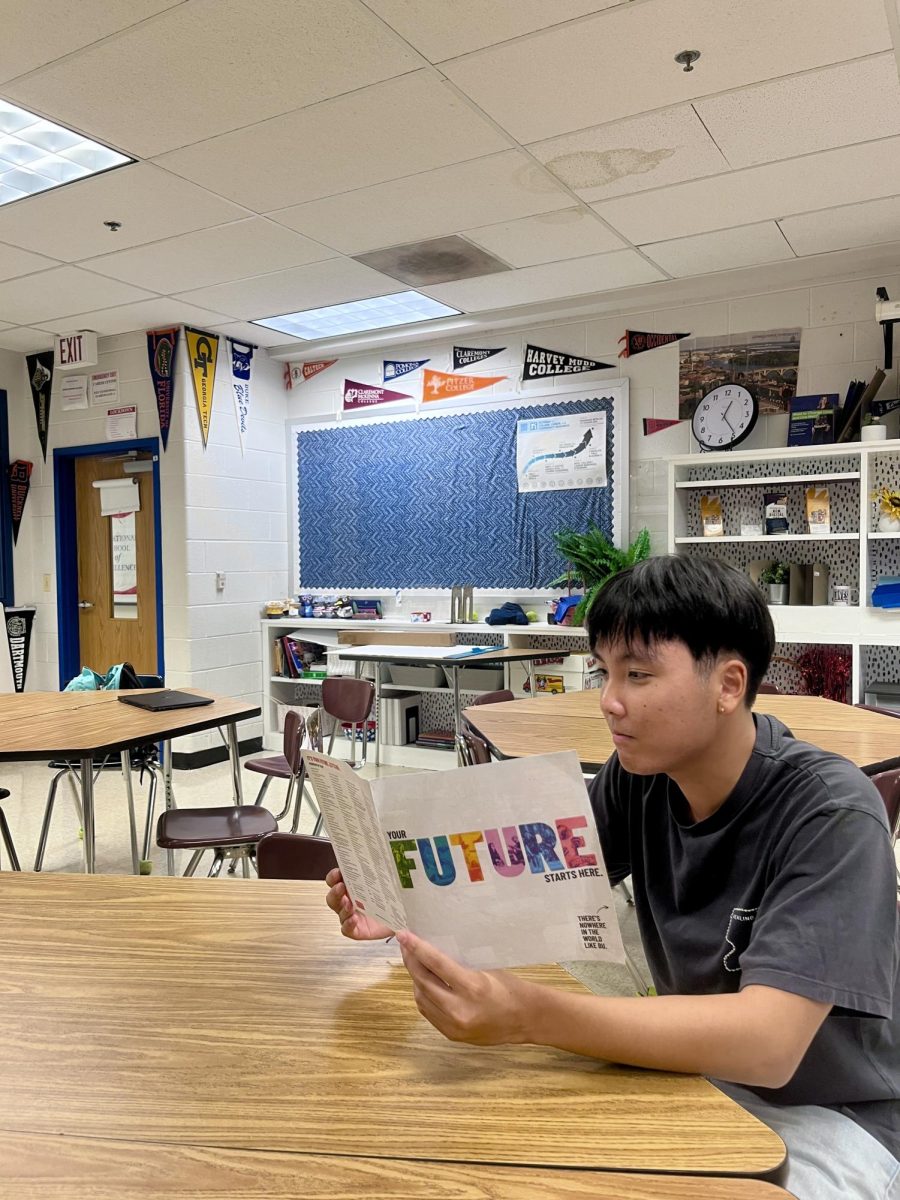As college application deadlines are coming to a close, seniors all around the world are entering the high anxiety waiting period, anticipating the letter or e-mail that could hold potentially hold the fate of their entire future. Around 63 percent of seniors who are planning to go to college next fall get accepted when applying either early action or early decision. Eighty-nine National Universities also offer rolling admissions, which lets students hear back early from colleges, but none are ranked in the top 20.
The majority of students apply to their state and local schools, but a select few students have their hopes set on the elite Ivy League schools. There are eight Ivy League institutions, which came about from having common athletic programs: Brown University, Columbia University, Cornell University, Dartmouth College, Harvard University, University of Pennsylvania, Princeton University and Yale University.
Each year, U.S. News and World Report publishes a list of the “best colleges in the nation.” Parents and students devour the rankings, yearning to gain acceptance to institutions as high up on the list as possible. High-achieving students are pushed to focus on gaining acceptance to none other than the Ivy League Institutions.
Beneath the precious name lies the tremendous pressure to perform brilliantly in every aspect, ranging from academics, extracurricular activities, social life and physical fitness, to career.
There is so much praise and attention showered on these prestigious colleges and universities, yet overall, they enroll less than six percent of U.S. college students. The selectivity for getting into elite Ivy schools just seem to make the schools even more desirable. Students will do whatever it takes to get into the elite schools, but at the end, do Ivy Leagues actually matter?
In high school, senior Madison Adore originally always wanted to go to the University of Pennsylvania to play volleyball. She was recruited by the Division 1 team of University of Pennsylvania to play volleyball, but she chose not to go. “I want to focus on getting my pre-med degree instead of volleyball,” Adore said.
Adore decided to accept and attend Haverford College. Her priority was to be prepared well for medical school and to get a good score on the MCATS. In her opinion, it is better to stand out in an average school than fit in at an elite Ivy League school.
Senior Audrey Yuan has differing opinions. She got accepted and is going to Cornell University this fall. “Being at an Ivy League school is more important because there will be more opportunities to develop important connections, but it ultimately comes down to if the school and major fit well together,” Yuan said.
Often the phrase “Ivy league equals better future” is debated. It simply comes down to what students personally make of their college experiences.
Jake Buxton, a human anatomy and physiology teacher, attended Cornell University for his undergraduate degree, applying regular decision. “Ivy’s do not equal better future. There are plenty of top ranked non-Ivy Leagues. You can go to almost any college and be super successful,” Buxton said.
Hannah Ho
Staff Writer







![Editors-in-Chief Ahmed Ibrahim, Helen Manolis, Cameron Cowen, Alex Grainger, Emory Scofield, Hayley Gottesman, Rebekah Buchman and Marley Hoffman create the first print magazine of the year during the October press days. “Only a quarter of the schools in MCPS have programs that are like ours, a thriving, robust program. That makes me really sad. This is not just good for [the student journalists] to be doing this, it’s good for the entire community. What [student journalists] provide to the community is a faith in journalism and that continues for their lifetimes," Starr said.](https://woottoncommonsense.com/wp-content/uploads/2025/10/wmpoFTZkCPiVA3YXA4tnGoSsZ4KmnKYBIfr18p3l-900x1200.jpg)
